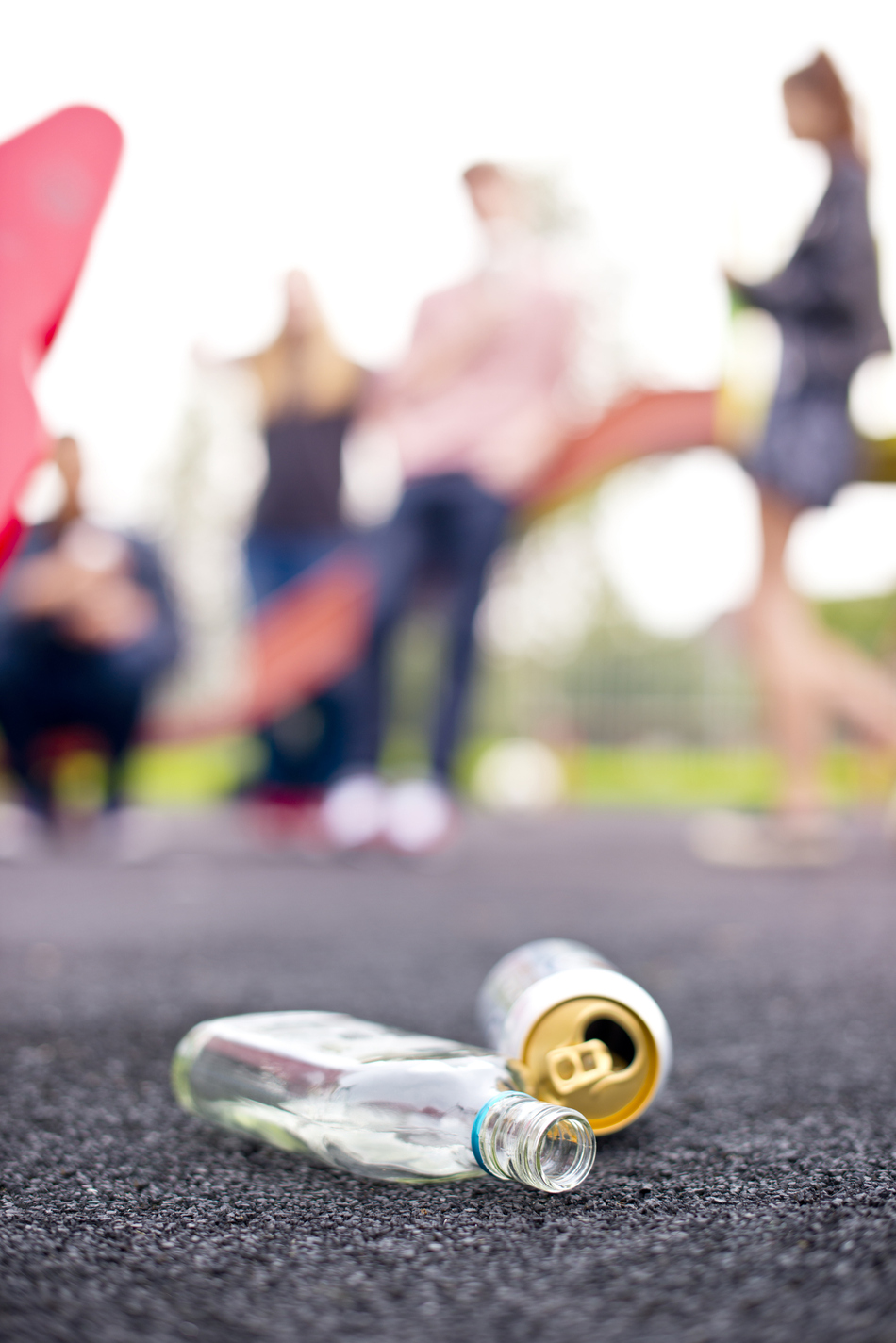Episode Transcript
The teenage brain on booze. What do we know about it? How is it different from adult brains on alcohol and what's the problem?
Most states have laws restricting the sale of alcohol to people under the age of 21. These laws have been in existence for much longer than our knowledge about the worrisome affect of alcohol on the developing adolescent brain and we know that many adolescents get around the laws and drink alcohol at parties or privately and usually to excess. Adolescents who break the law by drinking alcohol rarely just have one social beer, so what's the problem? What do we know now about the brain development that makes us even more worried about adolescents and alcohol?
Adolescence is a time of transition physically, socially, and emotionally. There are two critical times in brain development after birth. One is about age 2 to 3 and the other is at adolescence. During adolescence the brain undergoes major remodeling involving the formation of new connections between nerve cells.
These changes affect the processes involved in planning and decision making and impulse control, voluntary movement, memory and speech. Alcohol appears to have different affects on the brain of adolescents than on adults. Adolescence has a greater affect on memory center in the brain in adolescence than adults. In animal studies this affect seems permanent. Adolescents also have an underdeveloped part of the brain that helps with decision making and impulse control and risk assessment, something every parent teacher and cop knows. In animal studies the ability of this part of the brain to develop is impaired by alcohol. A fancy term for this is neurodevelopmental dysmaturation and that fancy term means that the adolescent brain exposed to binge drinking a common practice among under age drinkers, that brain may not mature normally. This impairment may actually accelerate the use of alcohol in adolescence and predict its use and abuse in later life.
Forty-seven percent of those who began drinking alcohol before the age of 14 become alcohol dependent at some time in their lives compared to 9% of those who wait until at least age 21. The correlation holds even when genetic risks for alcoholism are taken into account. Binge drinking we find as four drinks in one period of time for women and five for men, is common in adolescence and at the same time the same amount of alcohol adolescents are less likely than adults to suffer the side effects of binge drinking; sleepiness, nausea and vomiting and staggering. And the adolescence memory is worse on the same amount of alcohol than adults and it may be impaired for weeks after.
Think about the weekend binge drinking common on college campuses and high school parties and the affect on memory in the following weeks. And for women...girls really, the affect of alcohol and sexual decision making can have devastating long term affects. Having sex without protection against sexually transmitted diseases, having sex without protection against pregnancy and having sex without their permission and all of the above. And for boys and girls with car keys, drinking which is usually to excess isn't usually perceived by the drinker who gets in the car unaware of how impaired they are.
So the laws against underage drinking are even smarter than we know and our adolescents are no smarter than we think they are. They're under social pressures to drink. They're treating anxiety and depression with alcohol and if they're in an environment where there is illegal underage drinking they're not under the social stigma against getting drunk that is in place with most adult drinking.
So what to do? Support the police in enforcing the laws about underage drinking. Two, remember the adolescent brain is still developing until age 25; four years after adolescents can drink legally. Three, know who your kids are with, where they are and where's the responsible adult, that would be someone over 25 and preferably over 30. Four, be very careful in investigating the culture of the dorms and fraternities and sororities that your adolescents choose to join. Five, if you're an adolescent and listening to this, aren't you wise or did your mother make you do it. You are not invulnerable. You don't look cool when you drink. You just don't look very smart.
updated: February 18, 2020
originally published: October 30, 2014
